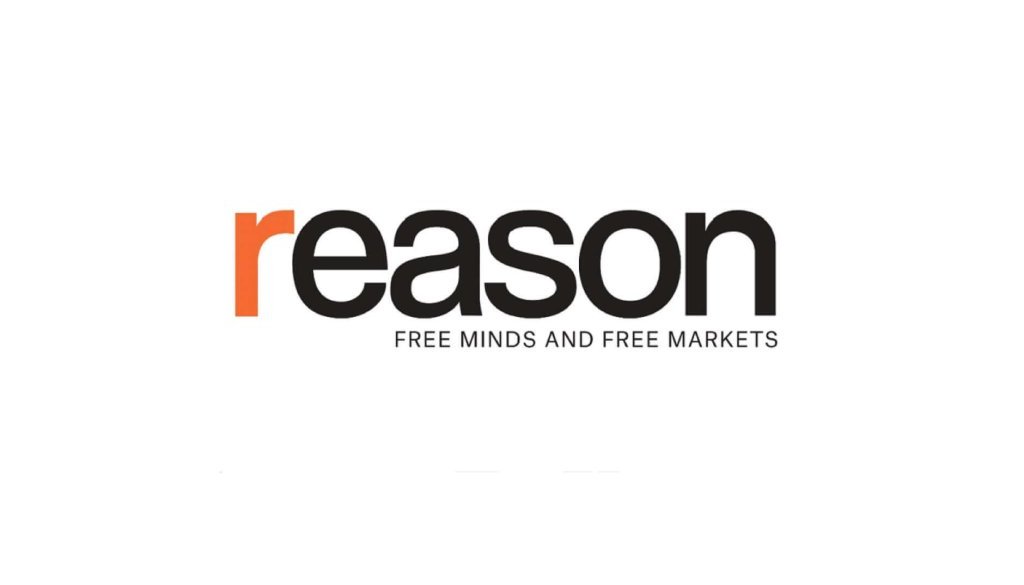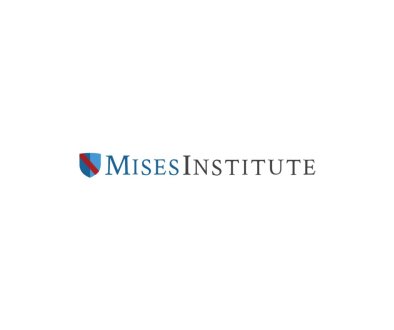Georgia Trial Court Cites Likely AI-Hallucinated Cases (Possibly Borrowed from Party’s Filing)
From Monday’s decision in Shahid v. Esaam, by Judge Jeffrey Watkins (Ga. Ct. App.), joined by Judges Anne Barnes and Trenton Brown; note that the trial court’s order was apparently a proposed order prepared by a lawyer (in many state courts, it’s common for judges to rely on lawyers to prepare such orders):
After the trial court entered a final judgment and decree of divorce, Nimat Shahid (“Wife”) filed a petition to reopen the case and set aside the final judgment, arguing that service by publication was improper. The trial court denied the motion, using an order that relied upon non-existent case law. For the reasons discussed below, we vacate the order and remand for the trial court to hold a new hearing on Wife’s petition. We also levy a frivolous motion penalty against Diana Lynch, the attorney for Appellee Sufyan Esaam (“Husband”)….
Wife points out in her brief that the trial court relied on two fictitious cases in its order denying her petition, and she argues that the order is therefore, “void on its face.” … In his Appellee’s Brief, Husband does not respond to Wife’s assertion that the trial court’s order relied on bogus case law. Husband’s attorney, Diana Lynch, relies on four cases in this division, two of which appear to be fictitious, possibly “hallucinations” made up by generative-artificial intelligence (“AI”), and the other two have nothing to do with the proposition stated in the Brief.
Undeterred by Wife’s argument th
Article from Reason.com

The Reason Magazine website is a go-to destination for libertarians seeking cogent analysis, investigative reporting, and thought-provoking commentary. Championing the principles of individual freedom, limited government, and free markets, the site offers a diverse range of articles, videos, and podcasts that challenge conventional wisdom and advocate for libertarian solutions. Whether you’re interested in politics, culture, or technology, Reason provides a unique lens that prioritizes liberty and rational discourse. It’s an essential resource for those who value critical thinking and nuanced debate in the pursuit of a freer society.




